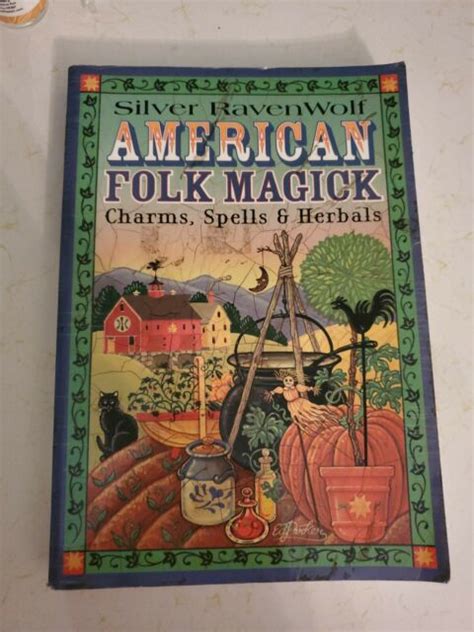A Quote by Lawrence Douglas
It's not success that makes a person's life worthy of legend. It's provocative defeat, someone who struggled mightily and lost. And that loss can't just be gratuitous - there has to be something about his or her character that whittles that loss into something provocative.
Related Quotes
There are a couple of strategies for writing about an absence or writing about a loss. One can create the person that was lost, develop the character of the fiancee. There's another strategy that one can employ, maybe riskier... Make the reader suffer the loss of the character in a more literal way.
When you go through hell, your own personal hell, and you have lost - loss of fame, loss of money, loss of career, loss of family, loss of love, loss of your own identity that I experienced in my own life - and you've been able to face the demons that have haunted you... I appreciate everything that I have.
It is frequently said that speech that is intentionally provocative and therefore invites physical retaliation can be punished or suppressed. Yet, plainly no such general proposition can be sustained. Quite the contrary.... The provocative nature of the communication does not make it any the less expression. Indeed, the whole theory of free expression contemplates that expression will in many circumstances be provocative and arouse hostility. The audience, just as the speaker, has an obligation to maintain physical restraint.


































